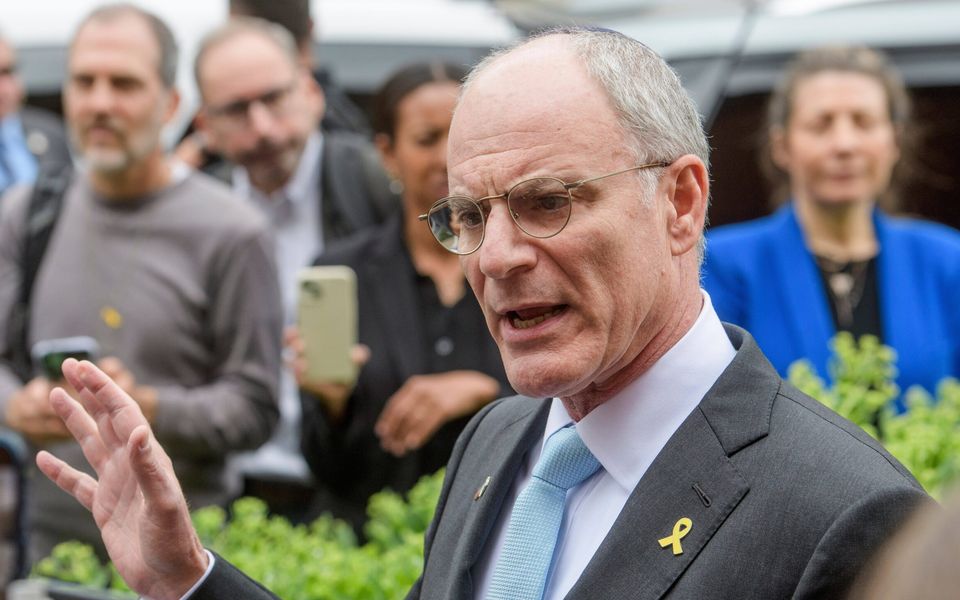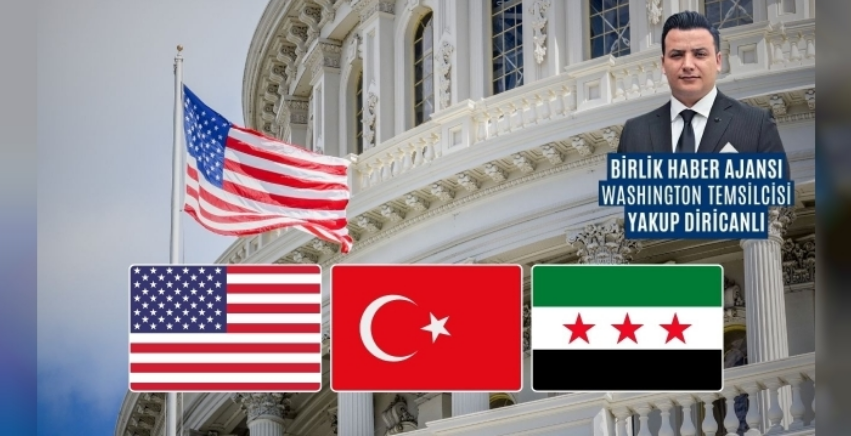Turkey’s Economy Is in Deep Trouble
RELATED CATEGORIES: Human Rights and Humanitarian Issues; International Economics and Trade; NATO; Turkey; Europe
These are heady days for Turkey’s president. Last month, Recep Tayyip Erdogan, the country’s larger-than-life strongman, eked out an electoral win over opposition rival Kemal Kilicdaroglu to secure a third five-year term in office. In the process, he dashed the hopes of many in the West for a more democratic turn on the part of NATO‘s only Middle Eastern member.
So, what happens now? During a recent visit to Istanbul, I encountered competing theories. Some experts contended that Erdogan, having successfully campaigned on an increasingly nativist, nationalist, and homophobic platform, would double down on those ideas. (The day I arrived, authorities blocked off the city’s main shopping thoroughfare and deployed hundreds of police officers in full riot gear to prevent a planned gay pride parade from taking place.) Others argued that—having secured another term—Erdogan is free to take a more pragmatic turn in domestic and international affairs, including a long overdue mending of geopolitical fences with onetime ally Israel.
Everyone I spoke with, however, was unanimous on one point: The country is in the throes of a serious economic crisis.
The figures eloquently illustrate the depths of the problem. For some two decades, inflation in Turkey averaged approximately 10-11 percent. But such relative stability is now a thing of the past. Last fall, inflation in the country hit its highest rate in two decades, a whopping 85.5 percent. And, although it has receded somewhat since, Turkey’s economic planners are seeing worrying signs that inflation is rising anew. As a result, the Turkish central bank just nearly doubled interest rates, with further hikes are likely to follow, as the government struggles to get commodity prices under control.
Inflation, however, isn’t the only problem. Housing prices in the country are skyrocketing as well. Property costs in Istanbul, a sprawling metropolis where some 20 percent of the country resides, rose by a staggering 193.9 percent between November 2021 and last fall. In Ankara, the country’s capital, and the seat of power of Erdogan’s ruling Justice and Development Party, the situation is pretty much the same. That means more and more urban Turks are finding it impossible to own real estate. Those renting, meanwhile, have seen their monthly payments surge, as landlords capitalize on what has become a very lucrative situation.
Purchasing power, meanwhile, is plummeting. Just three years ago, the Turkish lira was trading at some 7.5 to the U.S. dollar. Today, the exchange rate is 26 to one and rising. This has made Turkey an attractive (and cheap) tourist destination for foreigners, but an extremely expensive place for people who actually live there.
A great deal of the blame for this drift can be laid at the feet of Erdogan himself. For years, Turkey’s president entertained fanciful economic ideas (like the notion that interest rates should be avoided at all costs), employed a succession of less-than-competent bureaucrats (including, for a stretch, his son-in-law Berat Albayrak), and then dipped into the country’s coffers to mitigate the resulting plunge in the Turkish currency. The consequences can be felt in today’s economic mess.
Belatedly, Erdogan seems to be acknowledging the problem. Since his appointment in early June, Turkey’s newest Finance Minister Mehmet Simsek, has taken pains to signal a break with the past, pledging to return the country to a more “rational” economic path. But everyone on the Turkish street understands the challenge facing the country’s new fiscal czar is a daunting one—and that his success isn’t guaranteed.
That has left Turks hoping for foreign largesse. As one Istanbul businessman put it, many people are banking on the notion that the West “won’t let Turkey fail.”
Maybe it won’t. Against the backdrop of a new continental war in Europe, Western governments can be counted on to try at all costs to avoid a Latin American-style meltdown on the part of NATO’s second strongest military member. But it’s already clear that, more so than anything else he attempts, Turkey’s economic health will determine whether Erdogan’s third term—and his larger legacy—is seen as a success or a failure.
KAYNAK: American Foreign Policy Council




